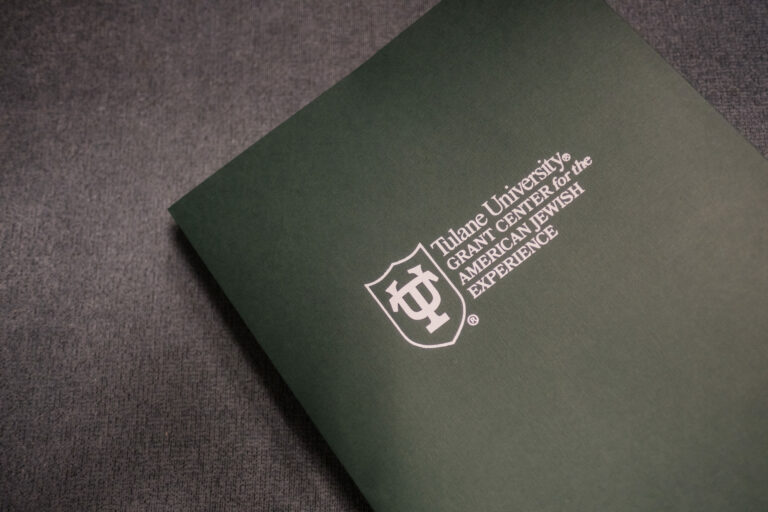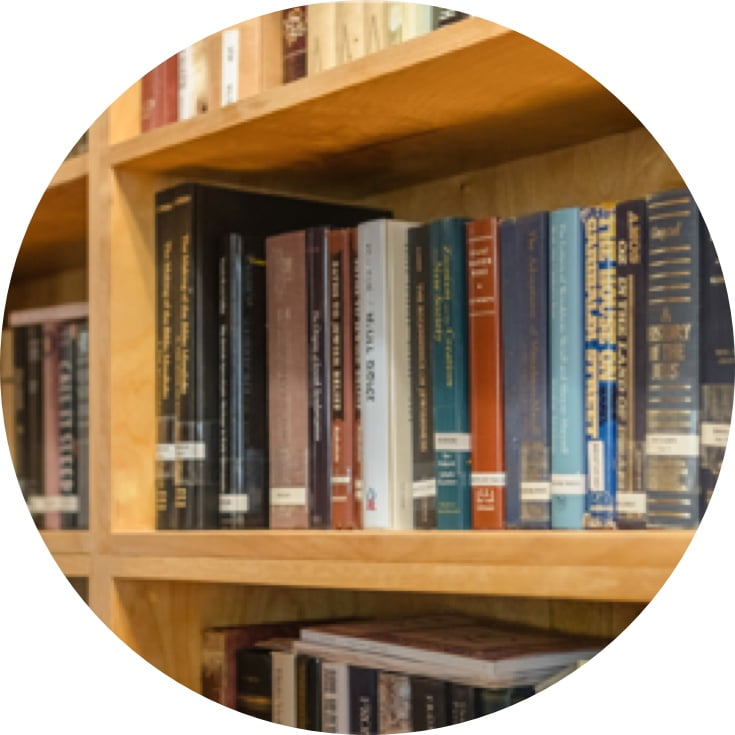New Work on American Jewish Literature
May 3, 2021
Even more than scholars in other disciplines, it seems to me, literary scholars regularly disagree about what, methodologically, they’re up to. Lately some of the debates in the field have been over “distant reading” practices, historicism, and whether what we call literary theory still has relevance to the work that we do (and surely somebody reading this will feel that I don’t even have that list right). I have my opinions on these kinds of questions, and I think there’s value in arguing about them, but I also hope that there’s at least one thing that most literary scholars can still agree on—even those most fervently committed to distant reading—which is that it’s our job, at least sometimes, to read more carefully, closely, and precisely than anybody else does. (In graduate school, I remember someone saying that the difference between a PhD in English and a PhD in History was the difference between reading and skimming, which isn’t fair, but isn’t based on nothing, either.)
I mention all this because some of the recent work in American Jewish literary studies that has excited me the most—work that’s been published, and in some cases has been flying under the radar, in what’s been for many of us a difficult and bewildering year—exemplifies exactly that kind of reading, and deploys extraordinarily diligent close attention to texts so as to correct misapprehensions of the literary-historical record.
Amy Feinstein’s Gertrude Stein and the Making of Jewish Modernism (University Press of Florida, 2020) reads Stein’s large and difficult oeuvre with the care and perceptiveness it deserves. Stein’s prose and poetry present notoriously difficult challenges (students in American literature survey courses I’ve taught have told me that reading Stein’s “Melanctha” literally gave them headaches). While it may not be a tragedy that some undergraduates write Stein off as obscure or impossible to understand, it’s more concerning that in 2012, a wave of American journalistic critics (led not by literary scholars but by polemicists like Alan Dershowitz) insisted that Stein was a Hitler-loving, Nazi-supporting collaborationist. Feinstein argues, meticulously and perceptively, that quite to the contrary, “Stein associated—in a mostly positive vein—notions of Jewish identity with qualities and practices of modernity” (190–91), and that many of the critiques of the political stances Stein took during World War 2 originate in misreadings of her remarks and texts. That Stein, a queer Jewish woman, played one of the most powerfully influential roles in the development of Anglo-American modernism shouldn’t be news—but Feinstein’s book clarifies that Jewishness was crucial and central to Stein’s art.
I served on Eli Bromberg’s dissertation committee, and I’m cited and thanked in his new book, Unsettling: Jews, Whiteness, and Incest in American Popular Culture (Rutgers, 2020). So I am by no means objective when I say that it’s one of the most invigorating and challenging books that I’ve read in the last few years. Thanks to the success of Kirby Dick and Amy Ziering’s Allen v Farrow, on HBO, many more people have recently been exposed to evidence supporting Dylan Farrow’s claims about Woody Allen’s alleged abuse. Bromberg’s chapters on Allen add so much to that story, including perceptive readings that suggest how often in his films Allen has joked about, and profited from jokes about, Dylan’s accusations. Though much of his work focuses on media and popular culture, demonstrating the operation of “Jewish community protective politics” in those areas, Bromberg’s careful readings also reveal the changes made in the course of publishing Henry Roth’s Mercy of a Rude Stream novels in the 1990s. (Without getting into those details, I’ll note that when an author represents the age at which a young person engages in sexual activity, the difference between one number and another can have profound moral and even legal implications.) What I admire so much about Bromberg’s work—his 2019 article on the pseudonym of the Yiddish critic Shmuel Charney on In Geveb is another stand-out example—is that it takes on the most difficult, uncomfortable kinds of literary-historical questions and does so with great care and precision.
It would be a misreading, though an understandable one, for a literary scholar not to be paying much attention to the journal American Jewish History. Despite its title, the journal consistently presents excellent studies of literature, and especially remarkable was last summer’s double issue (104:2/3). Articles in that issue include a long-overdue, thorough study of Dr. Nathan Mayer’s too-little-known novel of American Jews and the Civil War, Differences (1867); Jessica Kirzane on the pioneering American Jewish novelist Emma Wolf (whose novel, The Heirs of Yesterday, has, by the way, just been republished in an excellent new edition, co-edited by Lori Harrison-Kahan and Barbara Cantalupo, and deserves lots of attention); Ashley Walters on Anna and Rose Strunsky and their literary and personal relationships with Jack London and Sinclair Lewis; and Ayelet Brinn’s thoughtful survey of the fascinating Yiddish journalism of the writer known to literary scholars as the poet Anna Margolin. (That poet’s birth name was Rosa Lebensboym, and she published under many other pseudonyms—and one question that Brinn’s article leaves me wondering about is what name we should use to talk about Lebensboym.)
Those are a few examples of recent publications that, in my opinion, deserve more attention, but I’m sure I’ve missed plenty of important recent work. If you’d like to write a short piece like this for AmericanJewishStudies.org, highlighting other recent publications, please email Ilana McQuinn (milana@tulane.edu).
Josh Lambert is the Sophia Moses Robison Associate Professor of Jewish Studies and English, and Director of the Jewish Studies Program, at Wellesley College.
Other Field Updates
New Developments in Caribbean Jewish Studies
July 9, 2021 When I first began looking at Jewish themes in Caribbean literature some 15 years ago, the scholarly context for this research wasn’t
Jewish Learning through Cultural Arts
September 29, 2021 The most recent Pew Research Center’s report on American Judaism, “Jewish Americans in 2020,” found that although American Jews overall are not
Current American Jewish Music Studies
January 12, 2022 The study of Jewish music in America is not as robust and diverse as other topics in Jewish Studies. For one thing,
Beyond Ashkenaz: New Research on Ethnic Jewish Diversity in the Americas
April 28, 2022 Debates surrounding Jewish identity, culture, and religion abound across time and space. At the root of the discourse are questions about group
Yiddish Studies
January 30, 2023 At the annual Association for Jewish Studies (AJS) meeting this December, there was a notable refrain: “Yiddish is everywhere!” Over three days, more than
Studies on Jewish American Art
When I set out to write this essay, the first thing I did was check for recent dissertations on Jewish American art. I was surprised





